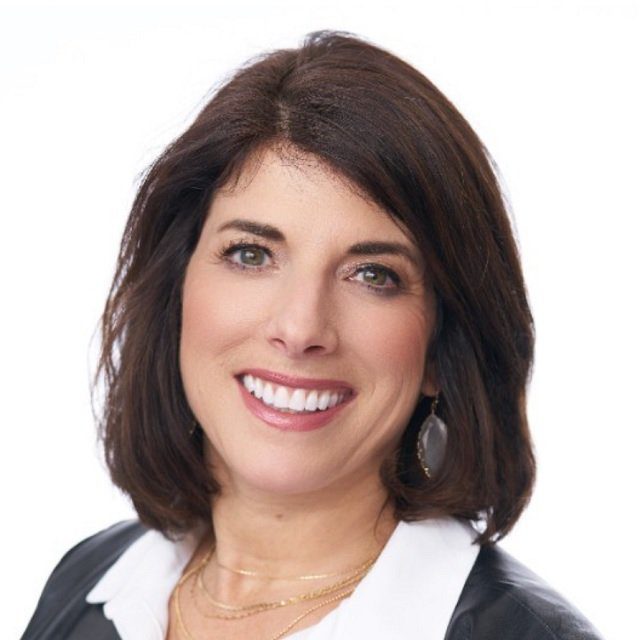Volatility Shows What Clients Are Really Thinking

What You Need to Know
Stacey Woehrle once helped an organization that managed $18 billion in assets.
Now, she works with ordinary individuals and couples.
Market risk is not the only form of risk on the agenda.
Stacey Woehrle is building what amounts to a financial advisory practice on a roller-coaster car.
Woehrle is a financial strategist at Infinity Strategic Partners in Northbrook, Illinois, a firm that helps clients with wealth accumulation, investments and risk protection, and has relationships with securities, annuities and insurance distribution affiliates of Equitable.
She entered the retail advice arena in April 2019 — less than a year before COVID-19 changed everything. But she has attracted clients by sticking to the basics: telling people what she does, doing a good job, and hosting workshops.
Woehrle has a bachelor’s degree from the University of Michigan, and she is a certified public accountant.
Before she became a financial strategist, she worked in auditing and finance at firms such as Ernst & Young, Tenneco, Brunswick Corp. and Oracle.
Starting in 2017, she served a two-year term as an appointed member of the Illinois State Board of Investment. That means that, just a few years ago, before she began helping individuals and families with their finances, she helped Illinois public pension funds and the Illinois Power Agency manage $18 billion in assets.
Woehrle answered questions via email about how she is building her practice, a shift she has noticed in some married women’s approach to finances, and how the pandemic has improved her understanding of what her clients are really thinking.
The interview has been condensed and edited.
1. What kind of practice are you creating?
My practice focuses on holistic planning, meaning I talk to my clients about their goals and dreams and how they can structure their financial plans to achieve those.
But it’s also about addressing the everyday issues like tax saving strategies and the “what if” scenarios as my clients move through life.
When I knew I wanted to start my practice, I sought out an experienced female advisor, because I felt there was a great opportunity for more women to enter this field.
She was willing to take me on as a new advisor to her practice, and having an experienced advisor to show you the ropes and tricks of the trade along with best practices and consistent procedures has been a huge asset to my practice.
Word of mouth and referrals has been the main way I have grown my business.
2. What income planning products or strategies have been working especially well, or especially poorly, over the past year?
For my clients nearing retirement and relying on their portfolio for income, we’ve talked a lot about how in a volatile market the best strategy (which is not necessarily a specific product) is to consistently monitor their account and make changes when needed.
It is all too easy to sit in a stock holding for too long when it has not been performing well, and my job is to start the discussion to see if a change might be necessary.
One trend I’ve noticed during COVID is that women in particular want to get more involved in the family finances.
Traditionally, women take on a career and child care, and managing the finances still resides with the husband.
I have seen an uptick in meeting with female clients who want to better understand what risk protection (aka life insurance) they currently have and if adjustments are needed.




